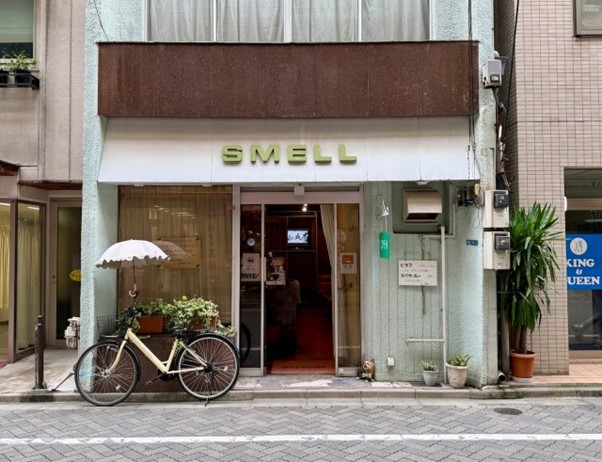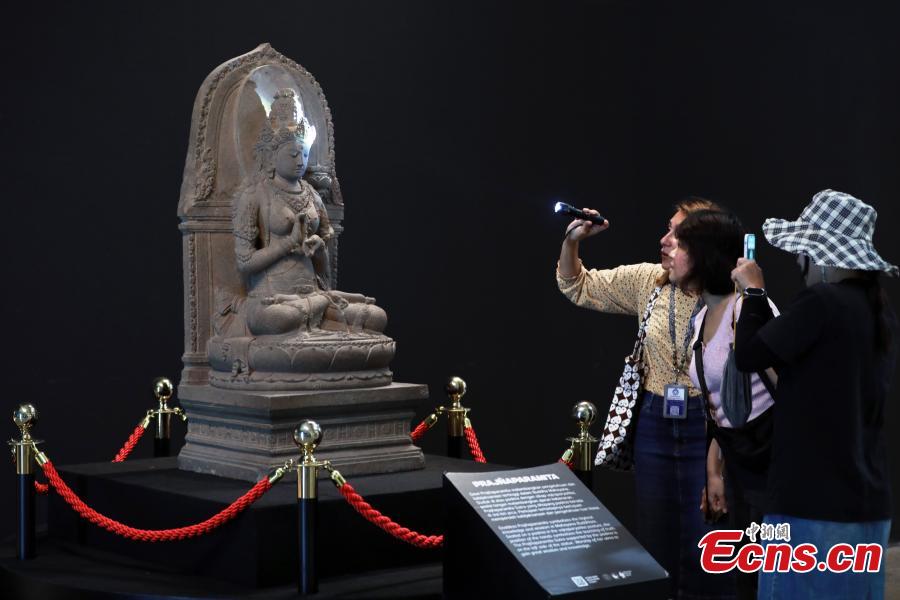
Sip the flavors of nostalgia in this Showa-era cafe that’s also a way to beat the lines at one of Tokyo’s most popular bakeries . While young Japanese people might rave about the latest Starbucks drink , a hidden gem lies in the past: the charming junkissa . In Japanese, the traditional word for “cafe” is kissaten (literally “a shop in which to drink tea”).
With jun meaning “pure,” a junkissa is a place to focus solely on the enjoyment of tea/coffee, and we recently discovered a great junkissa that’s still in business in downtown Tokyo . Why then was the jun designation necessary? There used to be another type of coffee shop called tokushu (“special”) kissa , which also served alcohol offered female companionship and eventually transformed into the current-era hostess bars. With tokushu kissa no longer a thing kissaten is generally taken to just mean “coffee shop,” so when cafe fans call a place a junkissa it’s a sign of approval of a coffee shop that exudes an especially inviting retro atmosphere that encourages customers to relax and enjoy their beverages .
While they serve food, they usually don’t have the extensive variety that many of the more modern cafes have on offer. Our junkissa discovery occurred in Tokyo’s Taito Ward, just outside Asakusabashi Station’s west exit . It’s important to note that this station is different to Asakusa Station, which has the famous Sensoji temple nearby.
Asakusabashi is a few stops away on the Asakusa subway line, or one stop from the holy land of anime, Akihabara, on the Chuo-Sobu train line. The cafe is called Smell , a name that hints at the delightful aroma of their coffee. It was first established in the 1950s in Chuo Ward before ending up in its current location opposite the train tracks, it’s a shop with a genuine atmosphere of Japan’s Showa period, in stark contrast to the chain stores surrounding it.
Modern cafe chains in Tokyo have been shrinking or eliminating their smoking sections in recent years, but Smell still allows smoking throughout the cafe. The staff will bring an ashtray over to your table along with a glass of water. So be prepared to share the space with fellow customers enjoying a smoke alongside their drinks.
Surrounding the tables are wooden walls and leather seating. The interior of the cafe overflows with features typical of the Showa era, creating a cozy atmosphere to relax in. It’s a perfect spot to experience the aesthetic of a bygone era.
Since its original opening, Smell has had a friendly relationship with famous local bakery Pelican . Pelican’s bread is so popular that lines for it often form in the morning before the bakery has even opened, and it regularly sells out by noon. If the Battle for Bread is not for you, Smell makes for a great alternative if you want a taste, with offerings like Smell’s cheese omelet toast set (800 yen [US$5.
37]), coming with a choice of coffee or tea. When the toasted sandwich arrives, it comes on a retro-designed plate, with cheese oozing from the sides and looking absolutely mouth-watering. The sandwich is filled with cheese omelet, cucumber and mayonnaise.
The omelet is thin, serving to enhance the flavor of the bread. It is truly an exquisite way to sample Pelican’s product. The cucumbers also add a nice touch, all combining together to form a taste reminiscent of the Showa era.
The coffee is equally delightful. There’s a mild bitterness and slight acidity, a flavor typical of coffee at a junkissa. The flavor and aroma would surely brighten up a busy morning.
Another charming aspect of the store is its cash-only policy, something that is becoming increasingly rare in the push towards a cashless society. This only adds to its retro appeal. After a cheerful send off by the staff when you leave, you are quickly confronted by the bustling of modern life and find yourself longing to return to the Showa sanctuary from which you just emerged.
As Japan’s biggest and most cosmopolitan city, there’s no shortage of major chain cafes in Tokyo, but we’re always glad when we find unique, smaller stores like junkissa and have a chance to support them too. Location information Smell Address: Tokyo-to, Taito-ku, Asakusabashi 1-24-2 東京都台東区浅草橋1-24-2 Open 7:30 a.m.
-4:30 p.m. Closed Sundays and holidays Pelican / パンのペリカン Address: Tokyo-to, Taito-ku, Kotobuki 4-7-4 東京都台東区寿4-7-4 Open 8:00 a.
m.-5:00 p.m.
(closes early when sold out) Closed Sundays and certain holidays (Obon and New Years) Website Photos ©SoraNews24 ● Want to hear about SoraNews24’s latest articles as soon as they’re published? Follow us on Facebook and Twitter ! [ Read in Japanese ].










